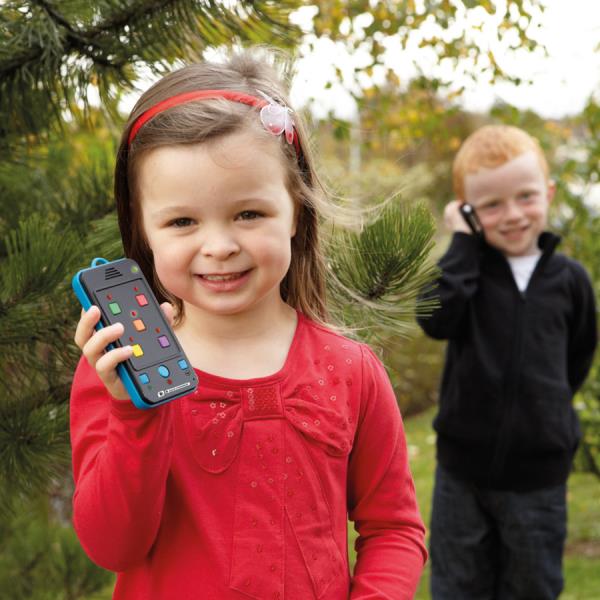By JONATHON HOWARD
NOOSA kids as young as two are glued to their smart devices as evidence emerges the device addiction could be damaging children’s physical and psychological wellbeing, according to University of Sunshine Coast.
They can be seen in the corners of playgrounds and huddled in their friend’s bedrooms, tapping and swiping away on the various screens that offer endless games, status updates, internet browsing and keeping tabs on their peers.
While the benefits of using and understanding technology remains important for work and study, young kids are being termed “iBabies” as they continually reach for the smart device to ask “Siri” another question and avoid face-to-face interaction.
In fact, according to studies from University of the Sunshine Coast Psychology Professor Rachael Sharman, 40 per cent of children aged four to six years are already online and by the age of nine nearly all children have been online at school and most have internet access at home.
Over half of nine-year-olds have accessed a mobile (smart) device and almost half report having access privately in their bedroom or friend’s house.
“Children simply don’t have the sophistication to recognise danger online (in fact they are surprisingly and supremely confident about their abilities). For example, nearly one third of children aged 9 to12 years have been “bothered” or “upset” by something they have seen online or that has been sent to them,” she said.
“Nearly half report seeing sexual images at this age (9-12 years). Interestingly only 16 per cent of parents report this to be the case.
“As a general rule, children under 12 years should not be allowed to access online devices privately – they literally lack the brain development to make sensible decisions, to know what to report to parents/teachers, to understand the meaning/content of images sent to them.”
Professor Sharman said too much “screen time” including TV, was consistently associated with problems both physical (lack of exercise, obesity) and psychological (poor sleep, general difficulties).
“More than two hours a day appears to place children at greater risk of developing physical or psychological problems,” she said.
Professor Sharman said the key for parents was “moderation” and “supervision”.
“Even better, make weekday use of computer/smart devices for homework or schoolwork only,” she said.
“Make sure they have outside interests (such as) sport, friendships and recreational exercise.”
Meanwhile, parents are also to blame by using the smart device as a babysitter.
“There are unfortunately a proportion of parents who seem to use these devices to “babysit” their children,” Professor Sharman said.
“This is not good for engagement, social interaction and relationship building.
“Having said that, the same type of parents probably would have used the TV previously for the same purpose.
“Kids under 12 shouldn’t have these devices; their brain development is such that they may have difficulty negotiating the problems associated with these technologies.”
HAVE YOUR SAY: How long do your children spend on smart devices? Could your kids live without it?








